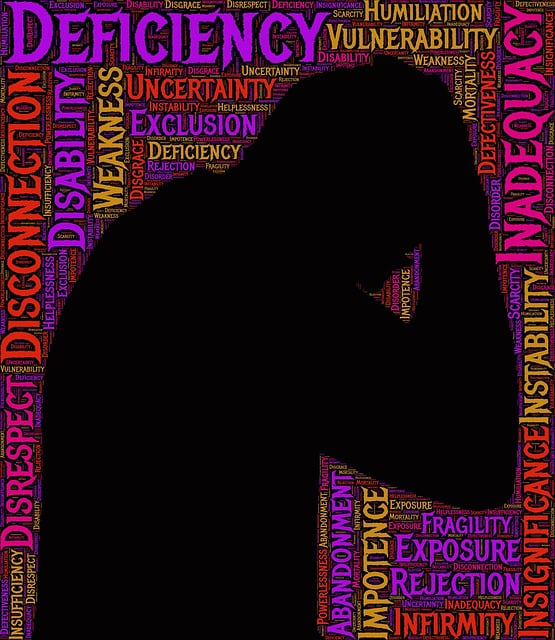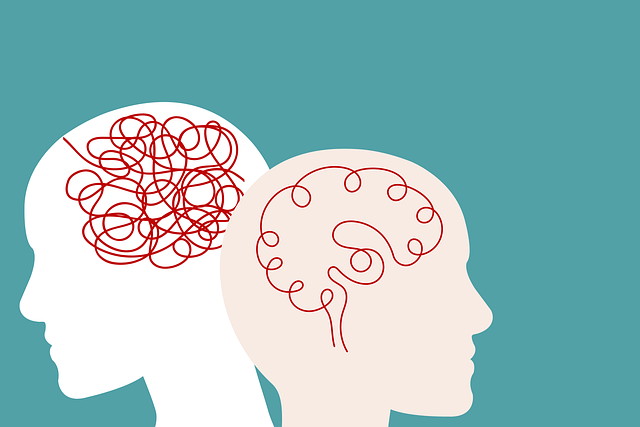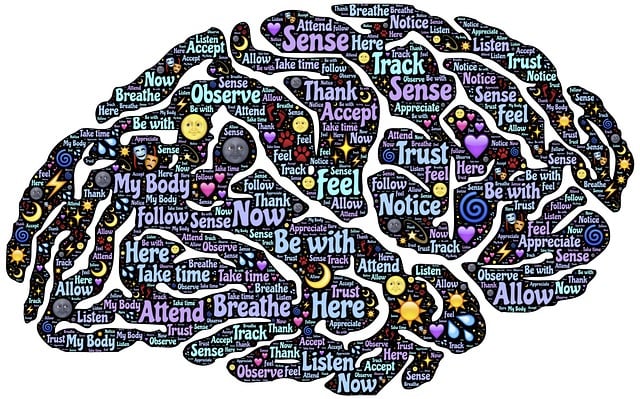Understanding Mental Health Data involves leveraging various sources like clinical records, surveys, and psychological assessments to capture emotional well-being, with a focus on Centennial Relationship Issues Therapy (CRIT). CRIT, addressing challenges in long-term partnerships due to generational gaps and societal shifts, is facilitated by data analysis techniques. Advanced statistical methods and machine learning revolutionize therapy, enabling therapists to personalize interventions based on trends in self-care practices and burnout prevention. Ethical considerations, including privacy and demographic biases, are crucial as digital platforms grow; future research should focus on developing guidelines for large-scale data analysis.
Mental health data analysis is a powerful tool for understanding complex human behaviors. In this article, we explore the intricacies of analyzing and interpreting mental health data, focusing on its potential to transform therapy. From understanding data collection sources to leveraging advanced analysis techniques, we delve into strategies that reveal deeper insights about Centennial Relationship Issues in therapy. Additionally, we discuss ethical considerations and future directions, emphasizing the importance of personalized treatment plans based on robust data interpretation.
- Understanding Mental Health Data: Collection and Sources
- Exploring Centennial Relationship Issues in Therapy
- Advanced Analysis Techniques for Deeper Insights
- Interpreting Data to Personalize Treatment Plans
- Challenges, Ethical Considerations, and Future Directions
Understanding Mental Health Data: Collection and Sources

Understanding Mental Health Data involves recognizing that it’s a multifaceted landscape encompassing various aspects of human psychology and behavior. The data collection process begins with identifying reliable sources, such as clinical records, surveys, and psychological assessments. These tools provide insights into individuals’ emotional well-being, including their thoughts, feelings, and behaviors related to common mental health challenges like depression prevention and stress reduction methods.
Centennial relationship issues therapy play a significant role in data collection, offering valuable information on how interpersonal dynamics impact mental health. Healthcare providers can gather data from diverse sources, including public health surveys, hospital admissions records, and research studies focused on burnout prevention strategies for healthcare providers. By leveraging these data points, researchers and clinicians gain a comprehensive view of the mental health landscape, enabling them to develop evidence-based interventions tailored to specific needs.
Exploring Centennial Relationship Issues in Therapy

In the realm of therapy and mental health data analysis, exploring Centennial Relationship Issues is a critical aspect of understanding modern-day challenges. This refers to the unique set of difficulties that often arises in long-term partnerships or marriages, characterized by generational disparities and evolving societal norms. By delving into these issues, therapists can gain valuable insights into the emotional dynamics that shape interpersonal relationships today. The dynamic nature of Centennial Relationships requires specialized approaches, emphasizing emotional regulation and empathy building strategies to address the complexities that differ from previous generations’ experiences.
Through meticulous data interpretation, mental health professionals identify recurring themes and patterns within this demographic’s therapeutic journeys. This process involves analyzing stress management techniques, coping mechanisms, and communication styles unique to Centennial couples. By recognizing these patterns, therapists can develop tailored interventions, ensuring effective support for the emotional well-being of individuals navigating their relationships against the backdrop of a rapidly changing world.
Advanced Analysis Techniques for Deeper Insights

In the realm of mental health data analysis, advanced techniques are transforming how professionals gain insights into client well-being. By leveraging sophisticated statistical methods and machine learning algorithms, therapists can uncover intricate patterns within patient records, enabling more personalized treatment plans. This level of granular analysis allows for a deeper understanding of complex issues like Centennial Relationship Issues Therapy (CRIT), where long-term communication strategies and underlying emotional dynamics play significant roles.
Through these advanced analysis techniques, mental health practitioners can identify trends in Self-Care Practices and Burnout Prevention among individuals seeking therapy. By recognizing recurring themes and potential risk factors, therapists can proactively develop interventions tailored to individual needs. This not only enhances the effectiveness of treatment but also fosters a more supportive therapeutic environment, ultimately contributing to improved patient outcomes.
Interpreting Data to Personalize Treatment Plans

In the realm of mental health care, interpreting data goes beyond mere numbers and statistics; it’s about understanding individual stories and personal journeys. By delving into patient records and utilizing advanced analytics, therapists can uncover patterns and insights that personalize treatment plans for optimal results. This approach is especially crucial in addressing complex issues like Centennial Relationship Issues Therapy, where each individual’s experiences are unique. Data analysis enables professionals to identify specific triggers, emotional responses, and behaviors, facilitating tailored interventions.
For instance, through data-driven insights, therapists might discover that burnout prevention strategies for healthcare providers, such as self-esteem improvement techniques or coping skills development programs, significantly enhance patient outcomes in managing relationship issues. By integrating these findings into treatment plans, professionals can foster more effective Centennial Relationship Issues Therapy, ultimately contributing to improved mental well-being and stronger personal connections.
Challenges, Ethical Considerations, and Future Directions

The analysis and interpretation of mental health data present a unique set of challenges. As the field continues to evolve, understanding complex patterns within vast datasets requires sophisticated statistical methods and advanced technologies. One significant hurdle is ensuring the privacy and confidentiality of sensitive information, especially when dealing with personal narratives from therapy sessions or online support forums. Balancing accessibility for research purposes while maintaining individual anonymity is a delicate task that demands robust data protection measures.
Ethical considerations are at the forefront of this domain. With the rise of digital platforms offering mental wellness resources, such as the Mental Wellness Podcast Series Production and Public Awareness Campaigns Development, it’s crucial to address potential biases in data collection. For example, who contributes their experiences, and how do demographic factors influence participation? Moreover, the interpretation of data must be done with cultural sensitivity, especially when dealing with issues like centennial relationship issues therapy, which may vary across generations and communities. Future research should focus on developing ethical guidelines for large-scale mental health data analysis, including transparent reporting practices and the integration of diverse perspectives to inform effective interventions. Additionally, exploring innovative tools for risk assessment for mental health professionals can enhance early detection and prevention strategies.
Mental health data analysis has evolved into a powerful tool, offering valuable insights into treatment outcomes and patient progress. By understanding various data sources and employing advanced techniques, such as exploring Centennial Relationship Issues in therapy, professionals can interpret data to personalize treatment plans effectively. This approach not only enhances therapeutic outcomes but also navigates the ethical considerations surrounding mental health care. As technology advances, further research and collaboration across disciplines are crucial to unlock the full potential of data analysis, ultimately revolutionizing how we support individual well-being and address complex issues like Centennial Relationship Issues in therapy.













